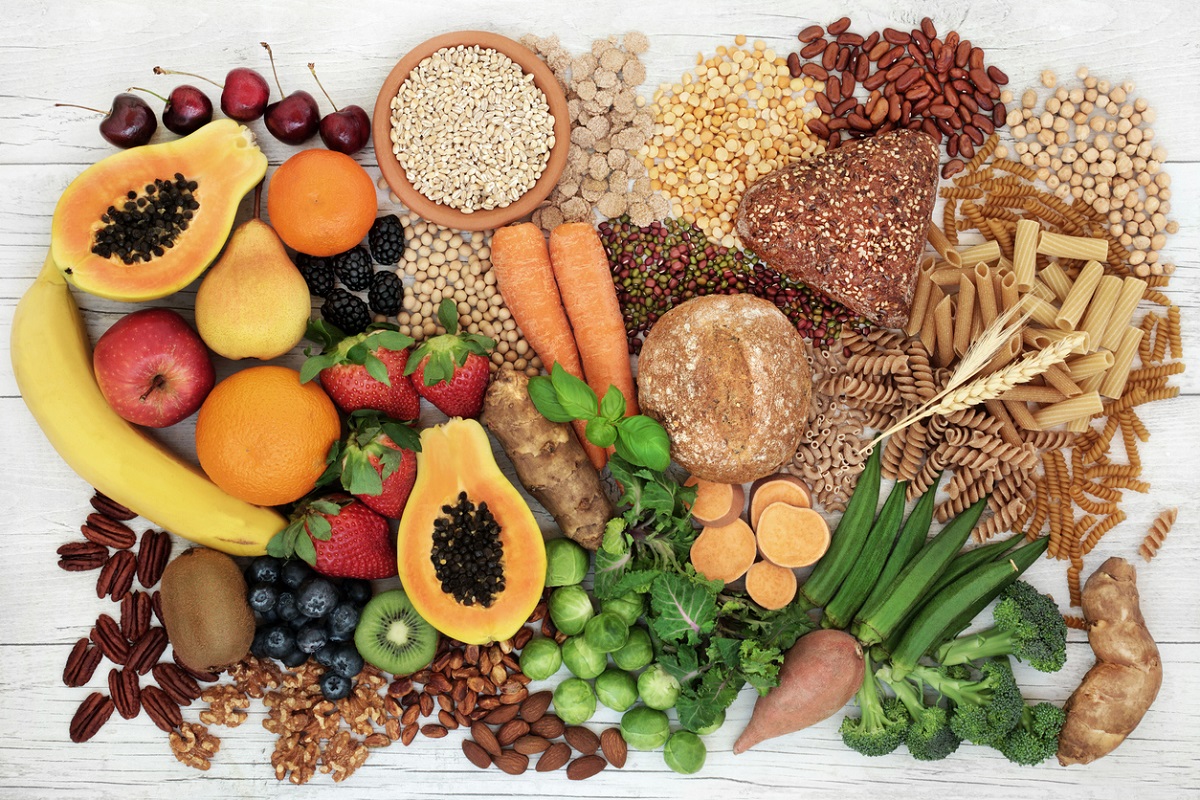
Researchers Identify Factors Affecting Critical Thinking toward GM Foods
April 21, 2021| |
Researchers from McGill University in Canada conducted a study to determine the role of individuals' expectations and emotions in critical thinking towards socio-scientific issues. They tested the respondents' knowledge of genetically modified foods (GM) and were able to identify the effects of cognition on critical thinking when encountering conflicting information about it.
Two hundred respondents from the United States and Canada were included in the study. They were randomly divided into two groups and were assigned to read a factual text about GM foods. One group read a version that presented the advantages of GM foods followed by the disadvantages, while the second group read a vice-versa version of the text. After reading, the respondents accomplished a survey to capture their feelings while reading. Then they composed an argumentative survey about GM foods which were coded for critical thinking.
The researchers were able to make the following statements based on their study:
- The belief in complex knowledge predicted less surprise and confusion, but more enjoyment.
- For the source of knowledge, the belief in the active construction of knowledge predicted less surprise and enjoyment.
- For justification of knowing, the belief that knowledge should be critically evaluated positively predicted curiosity, and negatively predicted confusion and boredom.
- The belief that knowledge about GM foods is complex and uncertain positively predicted critical thinking.
- Confusion and anxiety positively predicted critical thinking, while frustration negatively predicted it.
- Confusion mediated relations between epistemic beliefs and critical thinking.
The results suggest the complex relations between epistemic cognition, epistemic emotions, and critical thinking. These findings have implications for educational practice and for future research on epistemic cognition and epistemic emotions.
Read the full study in Frontiers in Education.
| |
You might also like:
- Consumers' Attitude Towards GM Food is Based on Their Understanding of the Science Behind It
- Study Documents How Consumer Knowledge Influence Attitudes Towards GM Foods in Korea
- Awareness of GM Rice's Benefits Affects Public Acceptance in Malaysia
Biotech Updates is a weekly newsletter of ISAAA, a not-for-profit organization. It is distributed for free to over 22,000 subscribers worldwide to inform them about the key developments in biosciences, especially in biotechnology. Your support will help us in our mission to feed the world with knowledge. You can help by donating as little as $10.
-
See more articles:
-
News from Around the World
- Researchers Identify Factors Affecting Critical Thinking toward GM Foods
- Brazil Approves Oxitec's Friendly™ Technology Against Fall Armyworm
- Multi-Institutional Effort Produces Comprehensive Guide for Communicating Plant Science
- Indian Farmers Lose Opportunity to Benefit from Bt Brinjal as GEAC Halts Field Trials
- JIC Study Reveals Genes that Control Growth Habit in Plants
- EFSA Report Says 98% of Pesticide Residues in Food in the EU within Legal Limits
-
Research Highlights
- Studies Show How Microbiome Affects Breeding of Apples and Oil Pumpkins
- Researchers Present Improved Direct PCR-based Technology for GE Plants Screening
- Success of Bt Brinjal in Bangladesh Opens Possibility for Two New Eggplant Varieties
-
Plant
- Scientists Develop Gene-Edited Mosquito to Help Eliminate Malaria
- Global Gene Editing Tools Market to Continue Excellent Growth
-
Health
- Experts Release Guidance on How to Communicate about COVID-19 Vaccine Efficacy
-
Read the latest: - Biotech Updates (January 28, 2026)
- Gene Editing Supplement (January 28, 2026)
- Gene Drive Supplement (February 22, 2023)
-
Subscribe to BU: - Share
- Tweet

